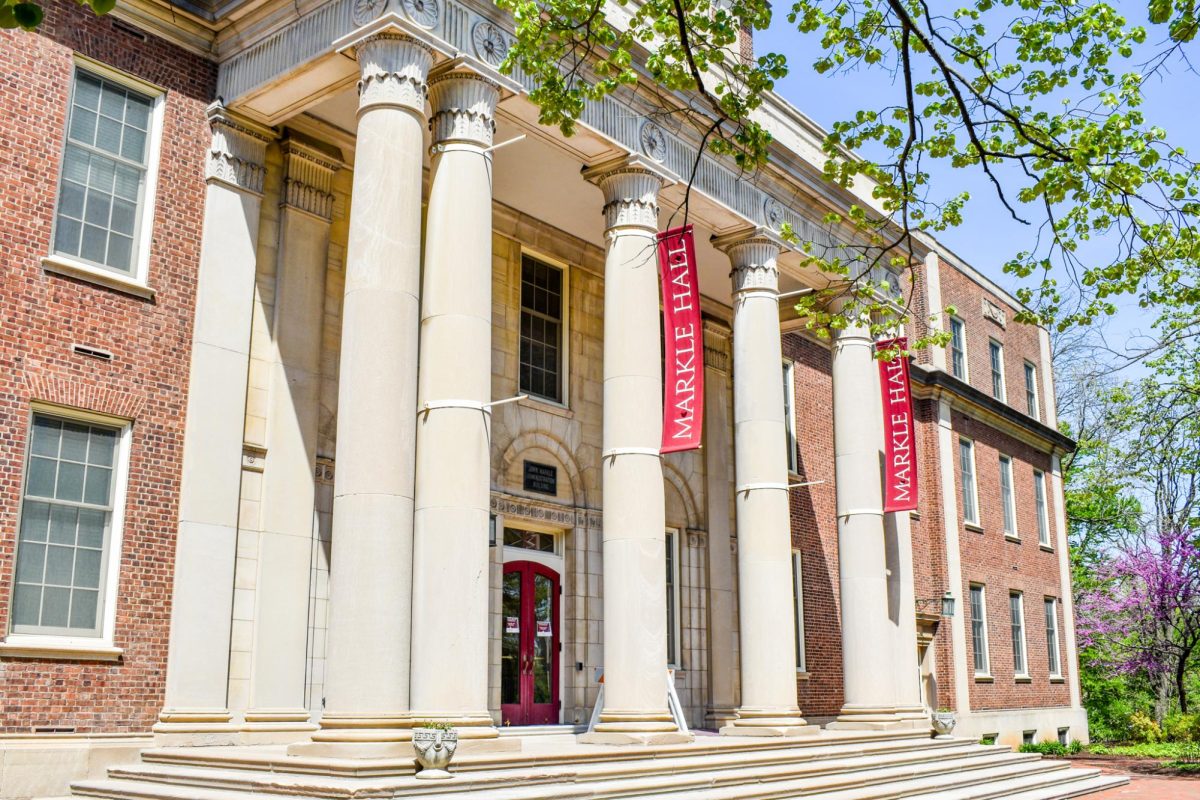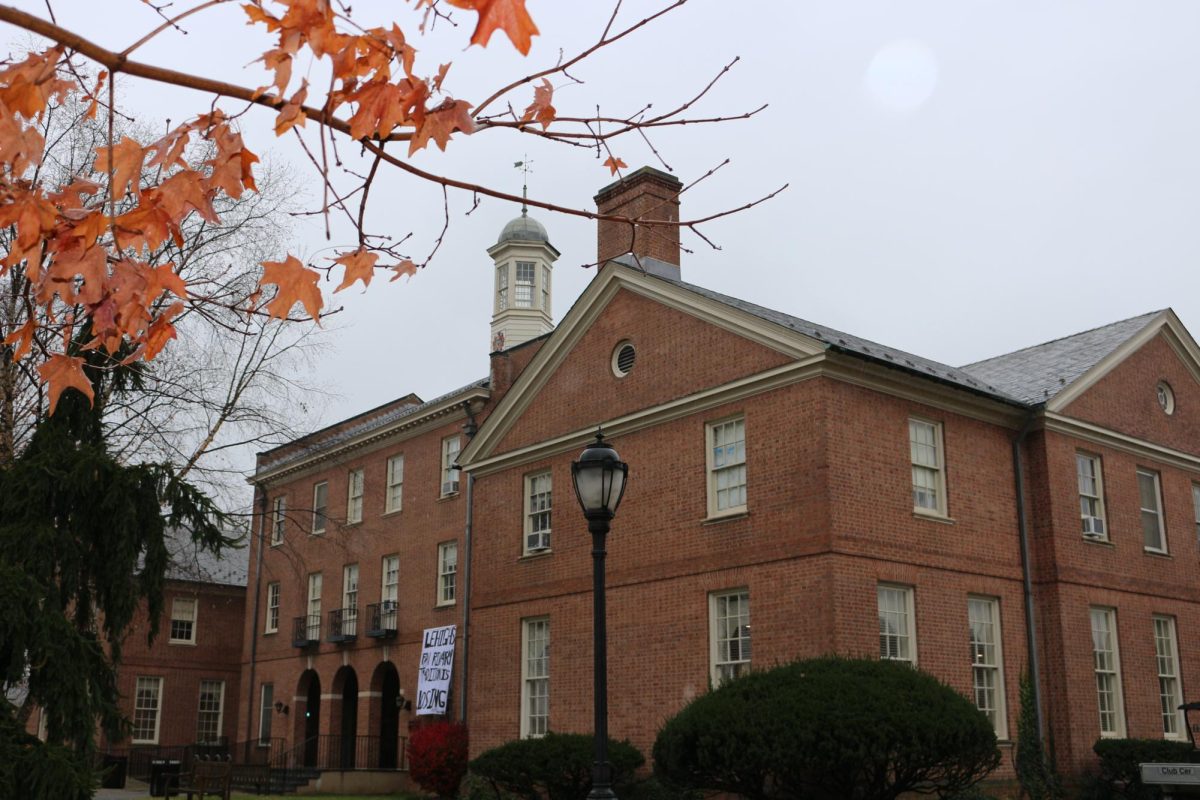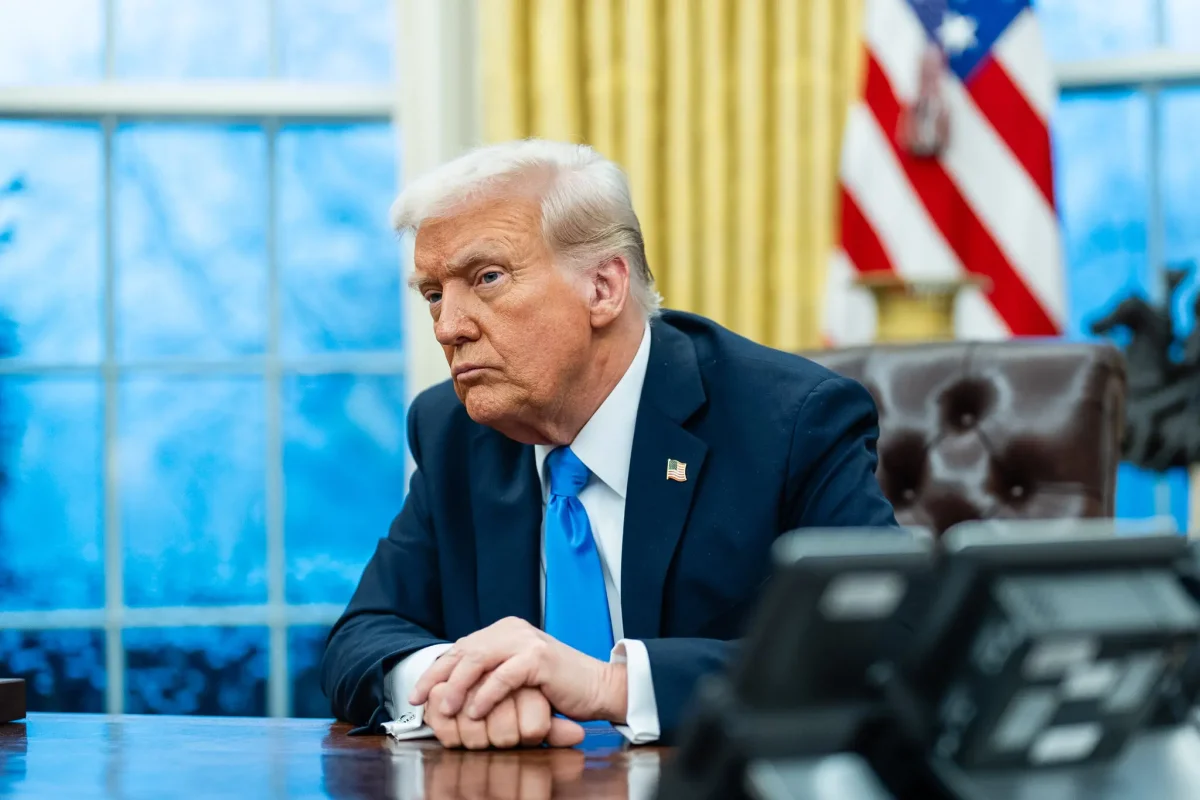As concerns grow over President Donald Trump’s new deportation policies, Lafayette College announced a streamlined protocol for handling outside law enforcement inquiries on Feb. 6.
If approached by an outside agent, individuals should contact Public Safety immediately, according to the protocol. The college did not provide further details in the email, instead directing all questions to questions-federal@lafayette.edu.
In a statement from the college last week, staff, faculty and students were notified through email of some “initial resources” meant to address concerns and questions over changes at the federal level.
“We know that these evolving developments could have profound implications for higher education, and together we will navigate areas where the law requires compliance,” the statement read. “We are grateful to each of you for your contributions, questions, and support of each other.”
The moderator of the email hotline did not respond to direct questions by The Lafayette.
Embedded as a hyperlink in the statement is a new section under Public Safety’s webpage titled “Guidance Regarding Visits by Outside Law Enforcement.”
The policy “requests” all outside law enforcement agencies to contact Public Safety to establish the “purpose of the visit.” Below this directive is information for the campus community that also instructs anyone who notices outside law enforcement on campus to contact Public Safety immediately.
According to Public Safety Director Jeff Troxell, this has been the standard procedure for years.
“We just kind of put it in black and white,” said Troxell, explaining why the webpage was just recently posted.
When asked for more details on the protocol, Troxell declined to comment further, deferring to college spokesman Scott Morse. Ernest Jeffries, the vice president for inclusion, responded to a request for comment, however, Morse provided a general statement on behalf of Jeffries.
“Public Safety’s process for handling campus visits by outside law enforcement has not changed,” Morse wrote in an email. “The desire was to provide clarity regarding Public Safety’s process given some questions received from members of the community.”
The campus-wide message highlighted five areas of concern: federal student loans and Pell grants, federal research grants, confidentiality and campus safety, travel and documentation and wellness and support.
Jeffries, Provost Laura McGrane, Vice President for Student Life Sarah Moschenross and Vice President for Finance and Administration Audra Kahr signed onto the message.
Just an hour before the statement on information and resources, college President Nicole Hurd emailed a message to campus “affirming” the college’s mission and values while referencing a later email to come.
“To those feeling exposed, you belong here,” Hurd wrote in the message. “We see you, and we are here to support you.”
‘This is a very active discussion’
Denisse Villegas ‘25, the president of the Hispanic Society of Lafayette, expressed disappointment in the college’s statement.
“There hasn’t been a straightforward email or something else directly mentioning ICE,” Villegas said. “It did mention that P-Safe would deal with officials, but it wasn’t clear about how they would go about that.”
Villegas also questioned how the college would respond to incidents that may occur off-campus.
“What if a student gets stopped in the city that was nearby?” she said. “What would Lafayette do in that scenario? Will they notify the student body?”
While the college’s formal protocol offers limited guidance, Dean of Libraries Charlotte Nunes has been working with her staff to create a “working group” centered on spreading education and awareness on immigration policies.
“For us at the library, this is a very active discussion,” Nunes said.
“It’s not just a two-week thing,” she continued. “It’s a set of policies and it’s hard to anticipate how they’re going to impact higher ed, impact the student experience.”
Nunes added that the library plans to collaborate with faculty and students to identify resources and create programs related to civic education and information literacy.
According to Villegas, the Hispanic Society of Lafayette also plans to distribute information guides across campus and the city of Easton and create an event for students to share their sentiments on the issue.
The college’s statement comes just three weeks after Trump’s inauguration, in which the Biden-era policy to protect “sensitive locations” — such as hospitals, churches, schools and campuses — was rescinded by Trump just hours into his first day in office.
“These sorts of initiatives could have a chilling effect where there are signals to students that ‘you are seen as suspicious, you are seen as not truly belonging,’” said Government & Law professor Stephanie Chan, who primary researches immigration policies. “We don’t know the concrete effects yet.”
























































































































